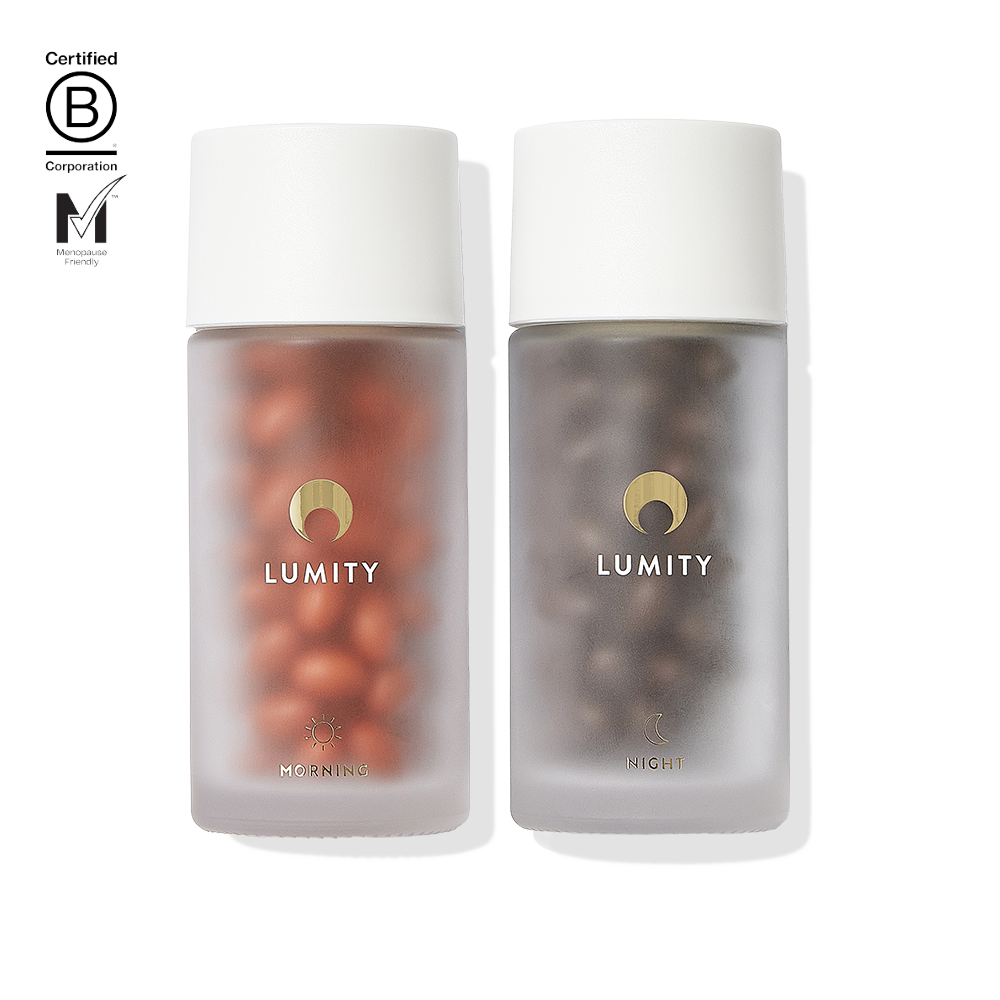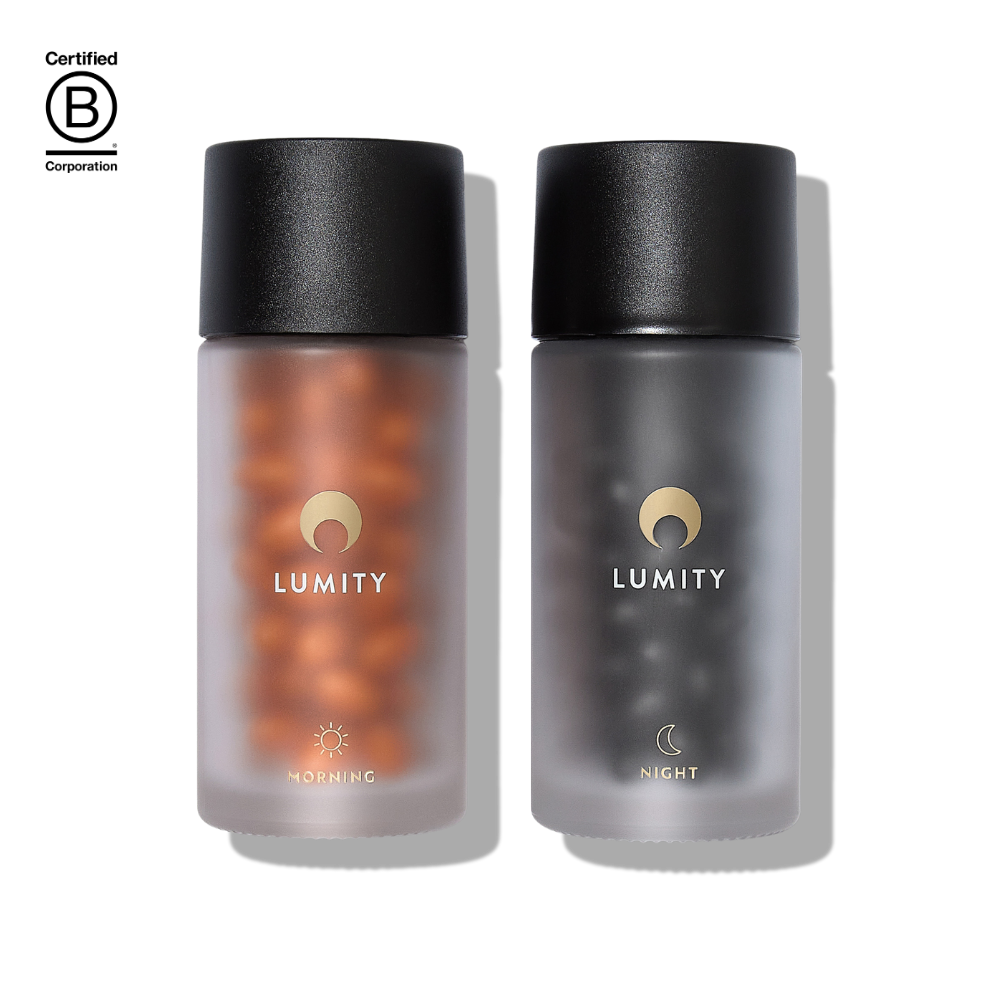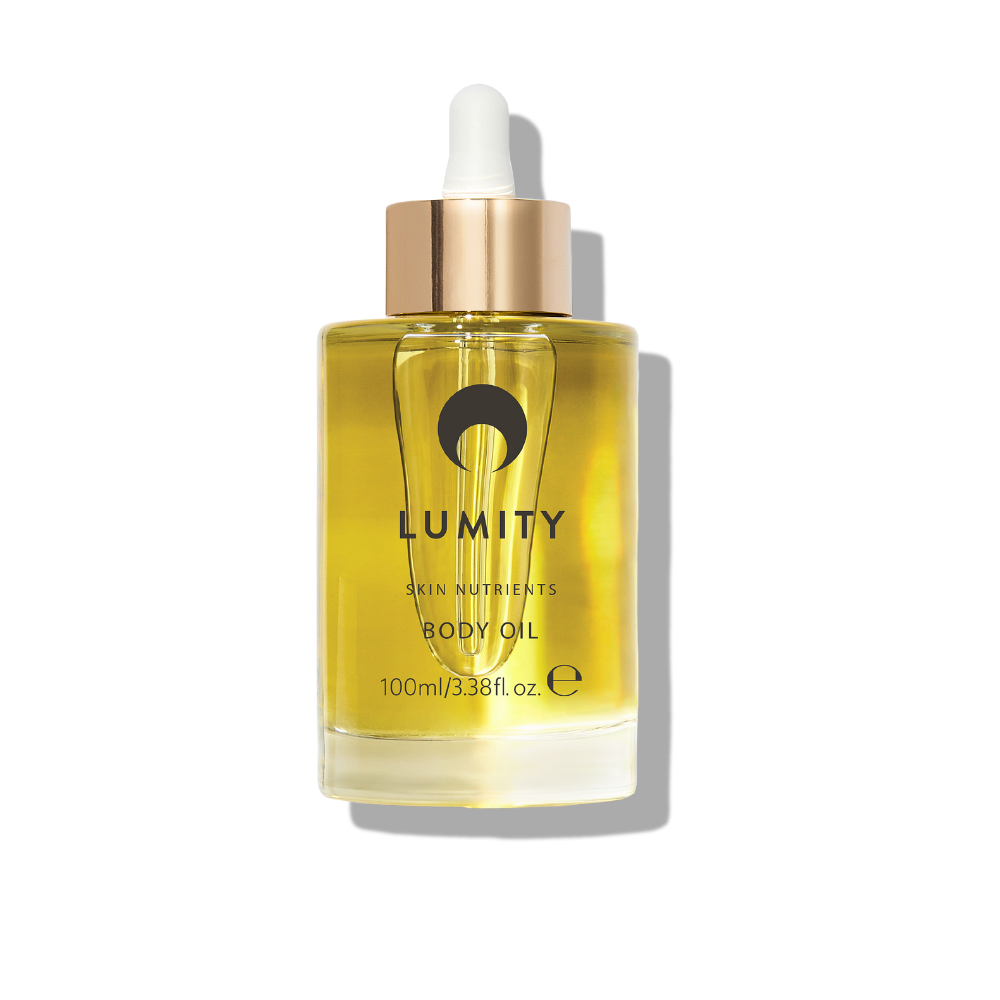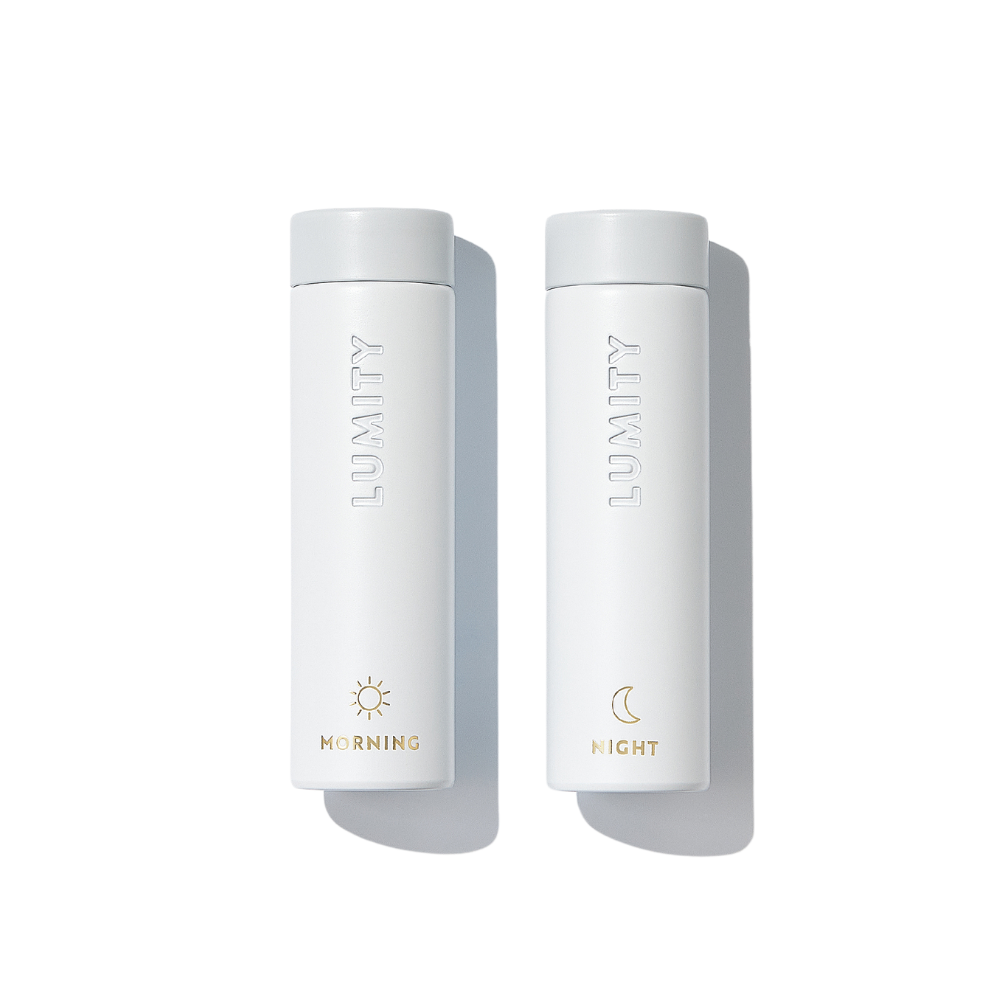What is mood regulation?
Mood regulation refers to the process by which individuals manage and control their emotions and moods. It involves the ability to recognize, understand, and influence one's own emotional states in order to maintain psychological well-being and navigate social situations effectively. Effective mood regulation contributes to mental and emotional resilience, allowing individuals to adapt to various challenges and stressors in life.
Key aspects of mood regulation include:
-
Emotional Awareness: Recognizing and acknowledging one's emotions is a crucial step in mood regulation. This involves being aware of how you feel in different situations and understanding the factors that influence your emotions.
-
Emotional Expression: Expressing emotions in a healthy and appropriate way is important for mood regulation. This can involve communicating feelings to others, engaging in activities that allow for emotional expression (such as art or journaling), or finding constructive outlets for emotional energy.
-
Coping Strategies: Developing effective coping mechanisms is essential for managing negative emotions and stress. This may include problem-solving, seeking social support, engaging in relaxation techniques, or practicing mindfulness.
-
Adaptive Thinking: Cognitive strategies, such as reframing negative thoughts or challenging irrational beliefs, can play a significant role in mood regulation. The way individuals interpret and appraise situations can influence their emotional responses.
-
Lifestyle Factors: Sleep, nutrition, physical activity, and other lifestyle factors can impact mood regulation. Maintaining a healthy lifestyle contributes to overall well-being and can positively influence emotional states.
-
Social Connection: Building and maintaining positive social relationships can provide emotional support and contribute to mood regulation. Social interactions, empathy, and a sense of belonging are important for emotional health.
Disruptions in mood regulation can contribute to mental health conditions such as depression, anxiety, or mood disorders. Therapeutic interventions, such as counseling or psychotherapy, can help individuals develop and strengthen their mood regulation skills. Additionally, lifestyle changes and self-care practices can play a significant role in promoting healthy mood regulation.
DISCOVER THE NUTRIENTS AND PRODUCTS BEST SUITED TO YOUR NEEDS...
Lumity Morning & Night’s innovative formula contains a blend of 29 nutrients including essential Vitamins, Minerals, Amino Acids, Adaptogens and Omega 3s. These ingredients, in combination, are designed to support your overall wellbeing. The following nutrients are particularly beneficial if you are experiencing difficulties with mood swings and general mood regulation:
B Vitamins, often referred to as the 'stress' vitamins, play a key role in supporting stress management. Vitamins B6 &; B12 are essential in the production of serotonin - ‘the happy hormone’, responsible for supporting mood stability and a healthy nervous system.
Vitamin B1, otherwise known as Thiamine, contributes to the production of dopamine & is proven to be beneficial in alleviating anxiety, irritability & stress.
Ashwagandha -a powerful adaptogen has been used for centuries and has been found to reduce anxiety, by boosting the production of GABA - a chemical that is made in the brain and also found in some foods. In the brain, GABA has anti-seizure and anti-anxiety effects. It also helps to lower the cortisol levels, prone to spike during hormonal fluctuations. .
Magnesium is important for many of the pathways, enzymes, hormones and neurotransmitters involved in mood regulation. It is also associated with reducing inflammation, known to impact symptoms of depression.
Did you know that people with magnesium deficiency often develop symptoms such as irritability, aloofness, mental numbness, or absence of emotions.
All of these nutrients (and more!) can be found within our Morning & Night formula.
In an independent, placebo controlled, double blind clinical trial, 84% of participants noticed improved emotional balance after taking Morning & Night for 12 weeks.










